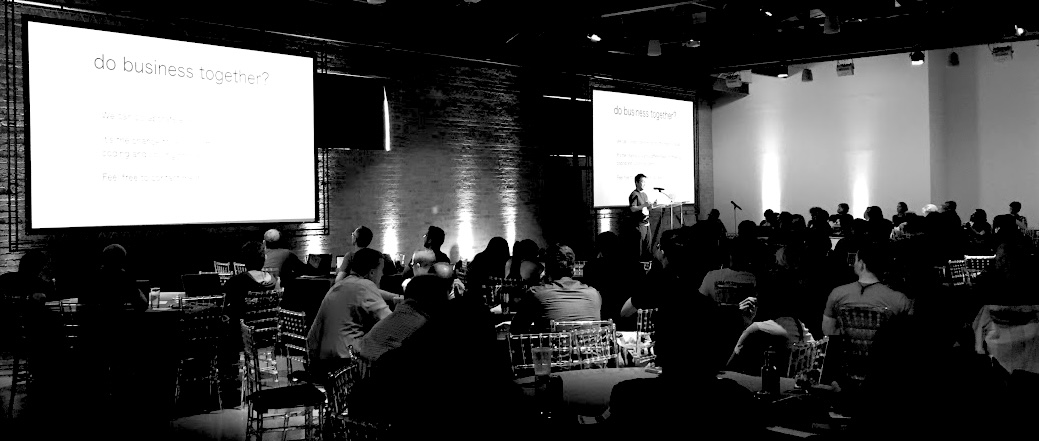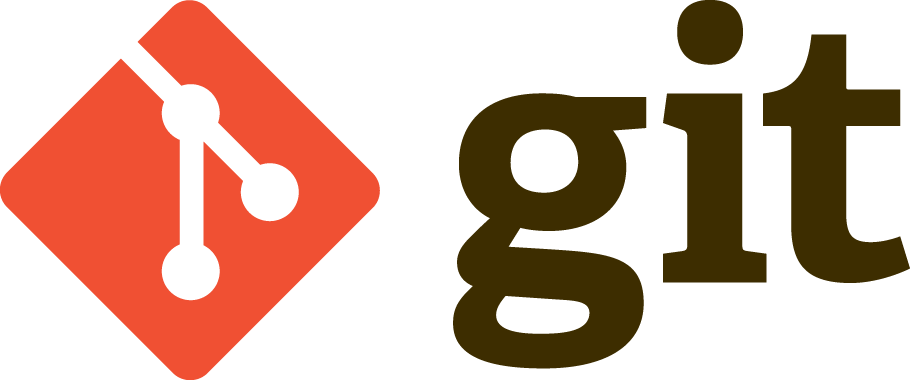31 May 2014
The RayHightower.com blog is built on Octopress and hosted on GitHub Pages. Recently, after I deployed a site update, GitHub emailed me a Page build warning message. Since this was just a warning, I ignored it while I attacked more pressing tasks (not always a good idea).
Today I finally took the time to research the topic so I could figure out what to do next. This article is the result of that research.
Continue reading →
30 May 2014

The current team of ChicagoRuby organizers assumed leadership in August 2007. Back then, typical monthly attendance was about five people and the group’s Meetup.com database contained 78 members. The previous organizer was swamped with work at his day job, so he handed the baton to a new crew.
Today, the new crew has grown ChicagoRuby to over 2,700 members. The group hosts three meetups every month, and the downtown meetings consistently max out the 100-person RSVP limit. Bonus: ChicagoRuby hosts two conferences, WindyCityRails in Chicago and RubyCaribe on the Caribbean island of Barbados.
How does ChicagoRuby do it? Through consistency, teamwork, iteration, and learning from mistakes.
Continue reading →
30 May 2014
 Developers of Git are making a serious effort to improve intuitiveness for first-time users. Of course, all users benefit from intuitive tools. When our tools just work, we spend less time sifting through documentation and more time solving problems for our customers.
Developers of Git are making a serious effort to improve intuitiveness for first-time users. Of course, all users benefit from intuitive tools. When our tools just work, we spend less time sifting through documentation and more time solving problems for our customers.
Continue reading →
28 May 2014
Last week, Coraline Ehmke and Liz Abinante met with three members of the WindyCityRails organizer team: Kevin Zolkiewicz, Alonda McCree, and me. Good dialog. End result: The updated WindyCityRails Code of Conduct.
Continue reading →
15 Apr 2014
Dotfiles, the configuration files used by Unix-like machines, can become disorganized over time. Entropy rules! This article describes my recent attempt to bring order to dotfile chaos. The steps can be summarized as follows:
- Move the non-private dotfiles (dotfiles that will be viewed by others on Github) into a directory called
~/.dotfiles.
- From the
home directory, create a symbolic link to each dotfile in the ~/.dotfiles directory.
- Use Git to manage the
~/.dotfiles directory, and share it on GitHub.
Dotfiles are normally hidden when you try to view them in the Mac OS X Finder. To view them from the command prompt, use $ ls -al.
Continue reading →





 Developers of Git are making a serious effort to improve intuitiveness for first-time users. Of course, all users benefit from intuitive tools. When our tools just work, we spend less time sifting through documentation and more time solving problems for our customers.
Developers of Git are making a serious effort to improve intuitiveness for first-time users. Of course, all users benefit from intuitive tools. When our tools just work, we spend less time sifting through documentation and more time solving problems for our customers.